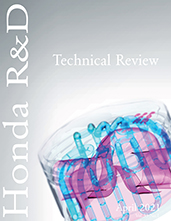Training / Education
Design Considerations for Electrohydrostatic Actuators
This course is verified by Probitas Authentication as meeting the AS9104/3A requirements for continuing Professional Development. This four-hour short course will provide an overview of design considerations for electrohydrostatic actuation for transport and business aircraft applications. The instructor will present the critical topics of electrohydrostatic actuation (EHA) from a systems development perspective (V-Approach). Beginning with aircraft system requirements, the instructors will then guide participants through EHA subsystem requirements, component design, component verification test, aircraft integration, and use.

